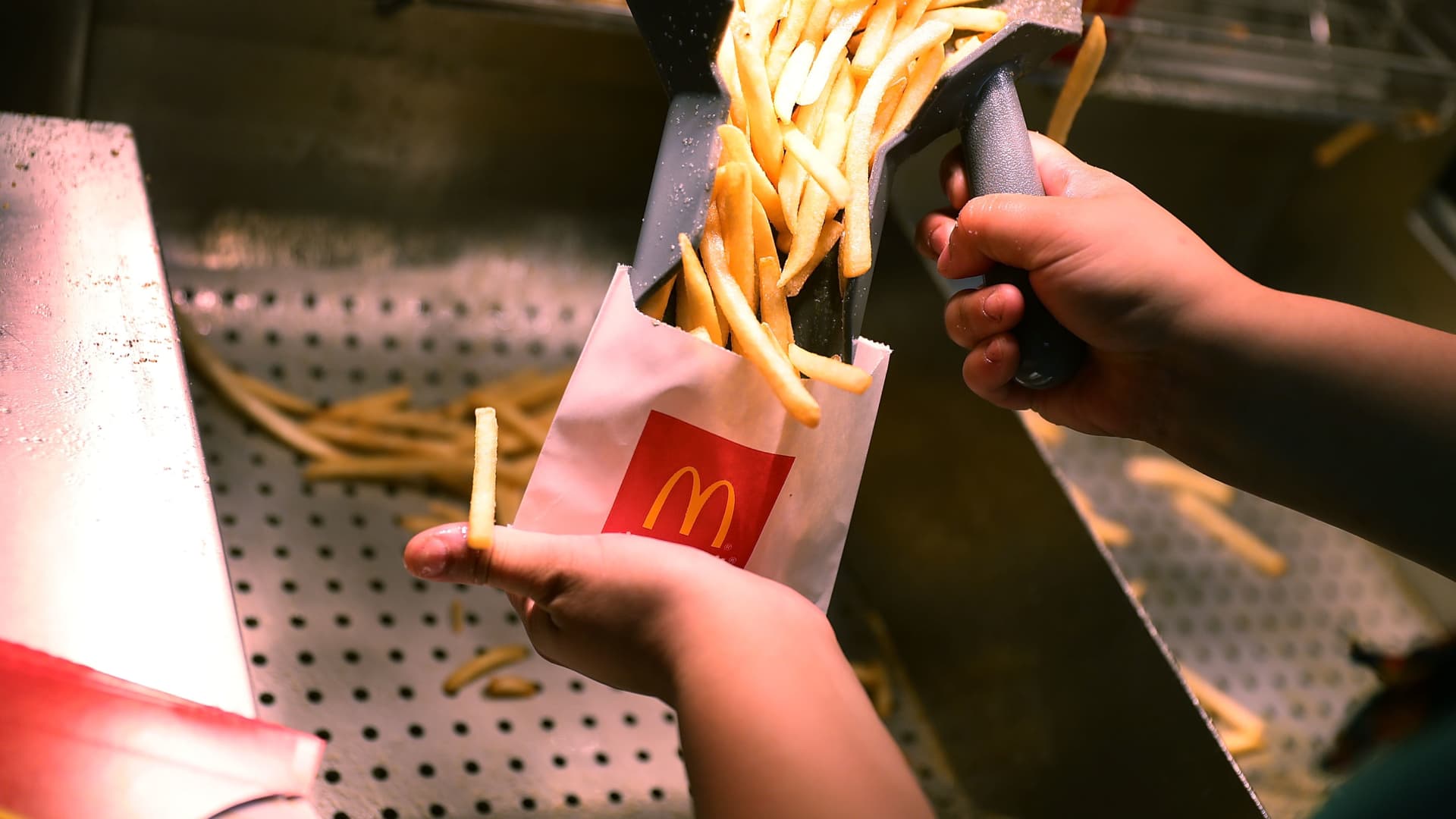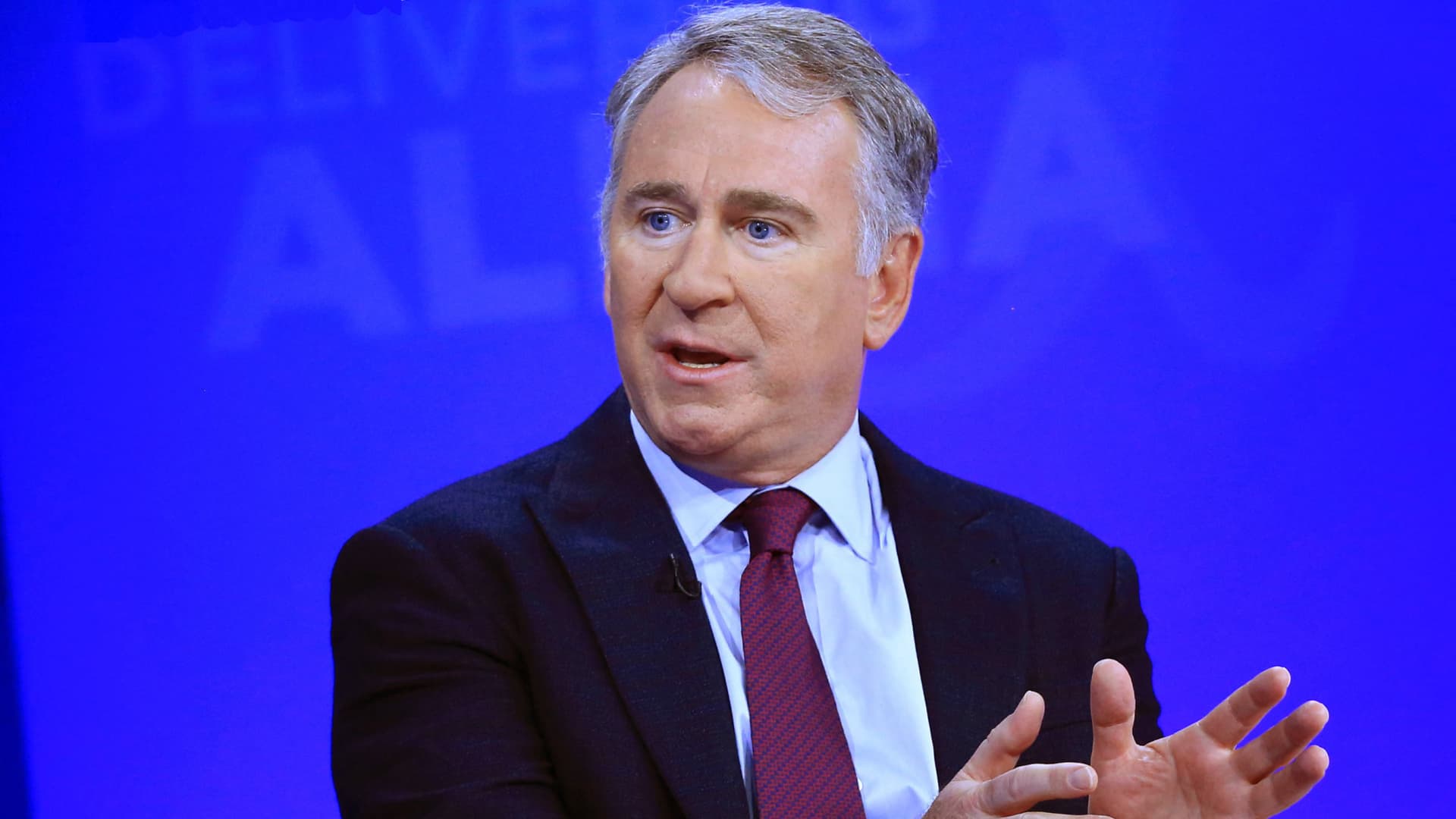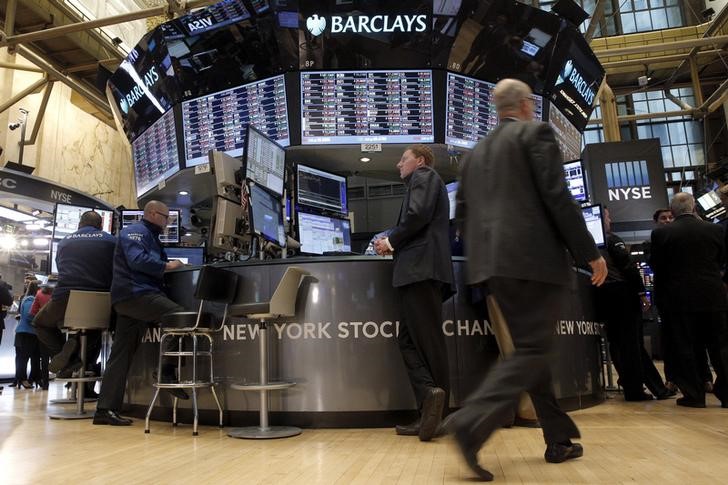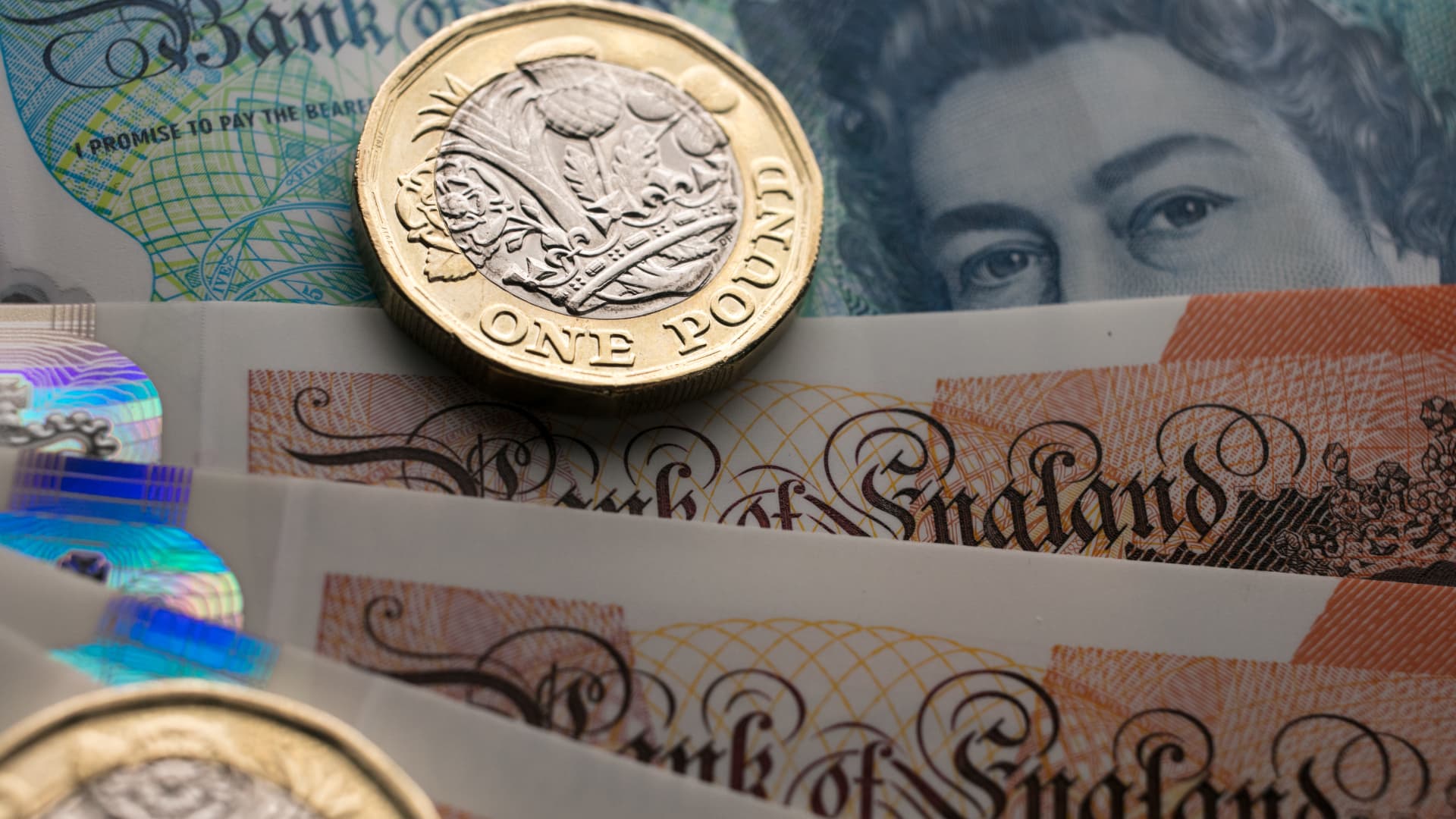
After hitting an alarming 40-year high in June, the Federal Reserve’s preferred benchmark for consumer inflation is once again flashing a warning sign about the persistence of high prices.
The Bureau of Economic Analysis said Friday the Personal Consumption Expenditures price index for August rose by 6.2% from a year ago, following a revised July reading of 6.4%. That was viewed as a driver behind the central bank’s decision to raise its benchmark rate by three-quarters of a percentage point for the third time in a row earlier this month.
Looking at month-to-month data, the PCE price index rose by 0.3%.
The core inflation measure, which excludes the volatile categories of food and energy and is the number watched most closely by Fed policymakers, rose by 4.9% on a year-over-year basis in August, up from 4.7% in July. Core PCE surged by 0.6% for the month, a spike from July’s revised 0%.
The latest inflation data puts more pressure on Fed Chair Jerome Powell, who has vowed to make taming inflation the central bank’s “overarching focus.”
The August Consumer Price Index, another major inflation gauge, surprised economists in mid-September with a core reading for the month that rose instead of fell as expected.
The Fed has been battling to get runaway inflation under control for months by raising its benchmark interest rate, initiating the most aggressive tightening cycle in four decades with a total of five increases so far this year, including three back-to-back hikes of three-quarters of a percentage point each.
But, to date, economists say the extent to which headline inflation has moderated — which is minimal to begin with — is almost entirely a function of lower energy costs. This is reflected in the stubborn persistence of high core inflation, which backs out energy as well as food prices.
This is bad news for the Fed. Its primary policy tool — raising interest rates and making it more expensive to borrow money in order to cool demand — has no effect on the supply shocks that have characterized the current inflation situation.
In a speech on Friday, Fed Vice Chair Lael Brainard was blunt in her assessment of the seriousness of domestic and global economic risks. “Inflation is very high in the United States and abroad, and the risk of additional inflationary shocks cannot be ruled out,” she said in prepared remarks.
Brainard warned that the fight against inflation could be protracted. “Monetary policy will need to be restrictive for some time,” she said. “We are committed to avoiding pulling back prematurely.”
This is a developing story and will be updated.
Fed's preferred measure of inflation shows prices surged again last month - CNN
Read More











